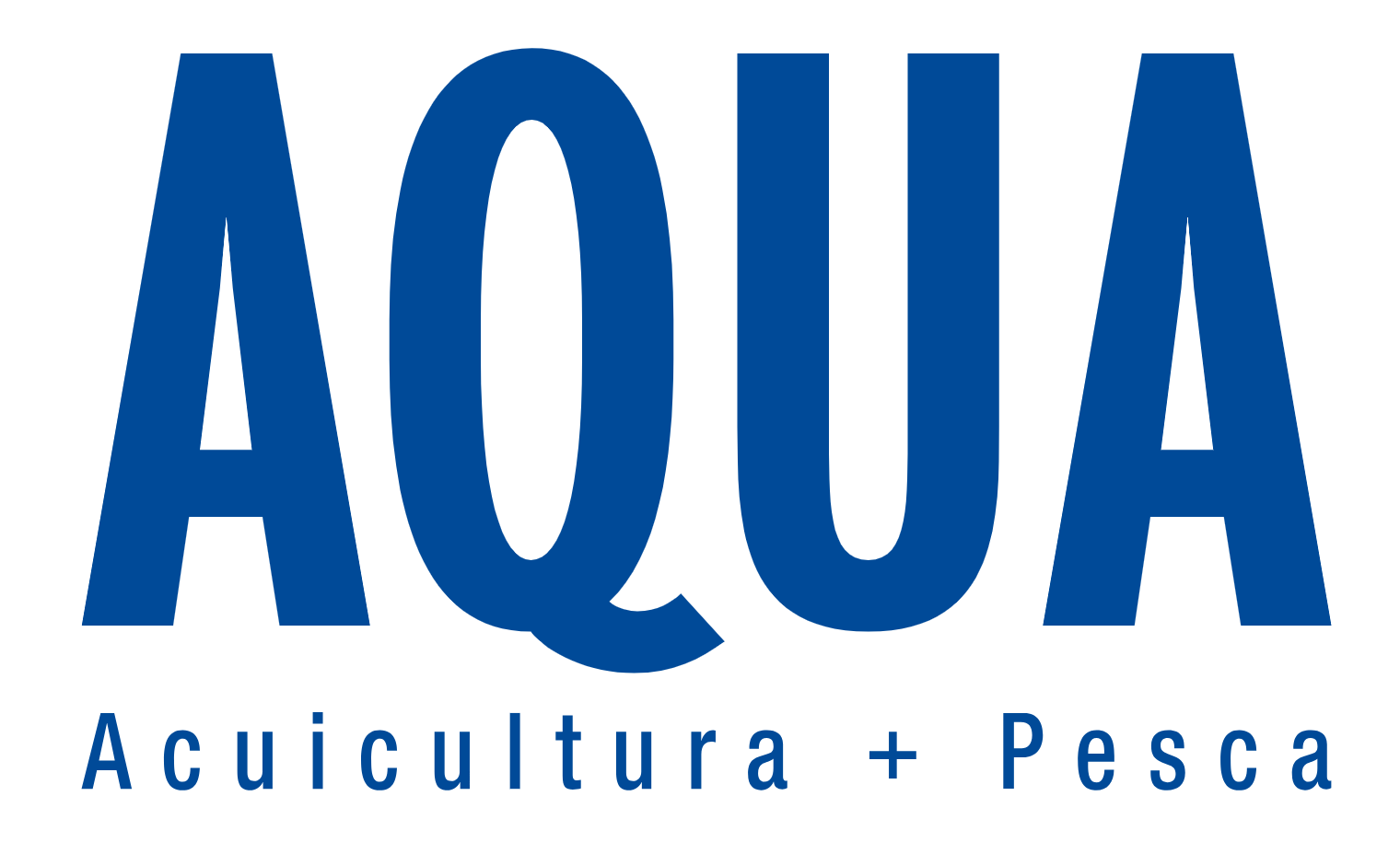ENGLISH (EN)
More fish please, say U.S. and British consumers–and make it healthy
Americans and Brits are increasingly saying «I’ll take the fish,» according to new research from Cargill.
In its latest Feed4Thought survey, Cargill found that, over the past five years, 44 percent of American and British consumers surveyed had added more fish to their diets. Poultry came in a close second, followed by beef and pork.
«More and more people are choosing fish as a source of protein because of its big impact on health and relatively small impact on our planet,» said Dan Burke, group director for Cargill’s aqua nutrition business in the U.S. and U.K.
Nearly three-fourths of the consumers surveyed said they choose to eat fish for health reasons—and that number increased with a person’s age. Fish is low in saturated fats, carbohydrates and cholesterol and high in a range of essential micronutrients, including vitamins, minerals and omega-3 fatty acids, according to the World Bank.
When it comes to health and environmental impact, nearly half of the respondents in the U.K. and one-third of those surveyed in the U.S. said there was no difference between farmed and wild-caught fish. The European Food Safety Authority agrees there are no consistent differences in the safety or nutritional value of wild and farmed fish, and both wild and farmed salmon have low levels of environmental pollutants, according to the Washington State Department of Health and Norway’s National Institute of Nutrition and Seafood Research.
Keeping fish healthy was ranked as the most important duty of a company committed to responsibly raising seafood. Cargill notes this is increasingly important to its customers too, which is why the company is developing innovative feeds and solutions that help animals stay healthy in the farm environment. As part of an integrated health management system, connecting farmers, feed companies and veterinarians, these allow for a proactive focus on fish health.
«We’re also seeing growing interest in wholesome food production,» says Brian Knudson, strategic marketing and technology director for Cargill’s aqua business, «That’s why Cargill is expanding its micro nutrition business—focused on products that work with an animal’s natural biology to improve their overall health and wellbeing, and reduce the need for antibiotics in aquaculture.»
Cargill recently acquired global animal health company, Diamond V, and has a strategic partnership with Delacon, the world’s leading maker of plant-based phytogenics. Both reinforce the company’s focus on fish health.
Healthier fish mean better resistance to disease, less reliance on antibiotics and more efficient use of feed. Survey respondents indicated the importance of these sustainability attributes as they confirmed that using resources responsibly and minimizing impact on the environment should be priorities for the responsible fish farmer. Cargill supports this priority as an active member of the Global Salmon Initiative (GSI), a group that propels innovation and improved sustainability performance in the farmed salmon sector using a pre-competitive model of collaboration.
One trend to note for the aquaculture industry: younger generations polled looked beyond the health of the fish and the environment to the overall societal impact of seafood farming. For Americans, this surfaced as an expectation that the seafood farm will help local communities. In the U.K., younger generations prioritized the treatment of seafood employees.
«We prioritize listening and responding to these expectations around responsible food, working with our value chains to deliver and communicate about healthy and sustainable seafood,» noted Dave Robb, sustainability manager for Cargill’s aqua business. «We’re committed to leading a global transformation toward sustainable seafood production by offering better feed for our customers, a safer workplace for our employees and more sustainable, transparent operations that support thriving communities.»
ESPAÑOL (ES)
Los estadounidenses y los británicos cada día están diciendo «comeré más pescado». Esto, según una nueva investigación de Cargill.
En su última encuesta de Feed4Thought, Cargill descubrió que, en los últimos cinco años, el 44% de los consumidores estadounidenses y británicos consultados habían añadido más pescado a sus dietas. La carne de ave quedaron en segundo lugar, seguidas del vacuno y el cerdo.
«Cada vez más personas eligen el pescado como fuente de proteínas debido a su gran beneficio en la salud y al impacto relativamente pequeño en nuestro planeta», aseguró Dan Burke, director para el negocio de nutrición acuícola de Cargill en Estados Unidos y el Reino.
Casi tres cuartas partes de los consumidores encuestados dijeron que optan por comer pescado por razones de salud, y ese número aumentó con la edad de una persona. Es que el pescado es bajo en grasas saturadas, carbohidratos y colesterol, y alto en una gama de micronutrientes esenciales, incluyendo vitaminas, minerales y ácidos grasos omega-3, según el Banco Mundial.
Cuando se trata del impacto sobre la salud y el medio ambiente, casi la mitad de los encuestados en el Reino Unido y un tercio de los encuestados en Estados Unidos dijeron que no había diferencias entre los peces de cultivo y los capturados en el medio silvestre.
La Autoridad Europea de Seguridad Alimentaria (EFSA, por su sigla en inglés), por su parte, está de acuerdo en que no hay diferencias constantes en la seguridad o el valor nutricional de los peces silvestres y cultivados, y tanto el salmón silvestre como el de acuicultura tienen bajos niveles de contaminantes ambientales, según el Departamento de Salud del Estado de Washington y el Instituto Noruego de Nutrición e Investigación en Productos del Mar.
Mantener a los peces saludables fue calificado como el deber más importante de una compañía comprometida con el cultivo sustentable de productos del mar.



